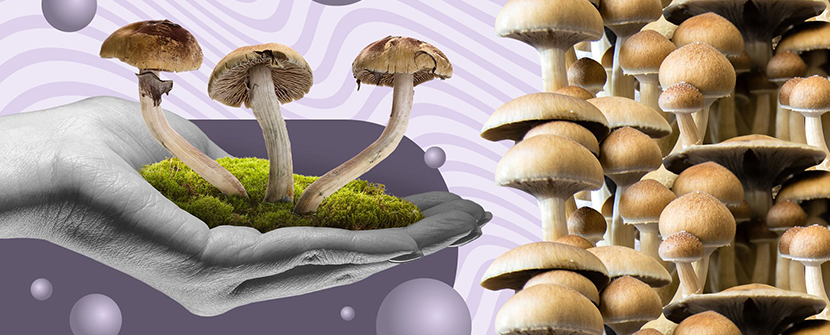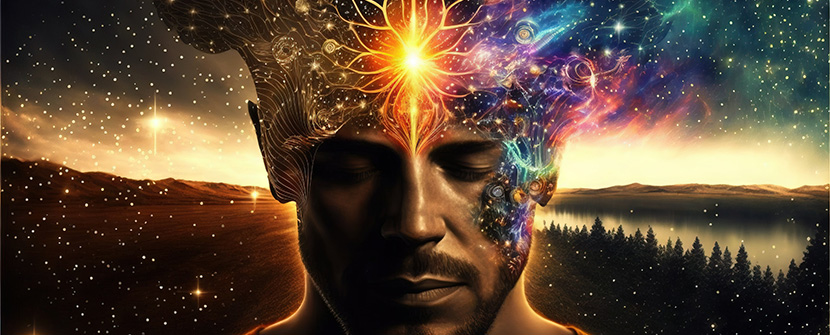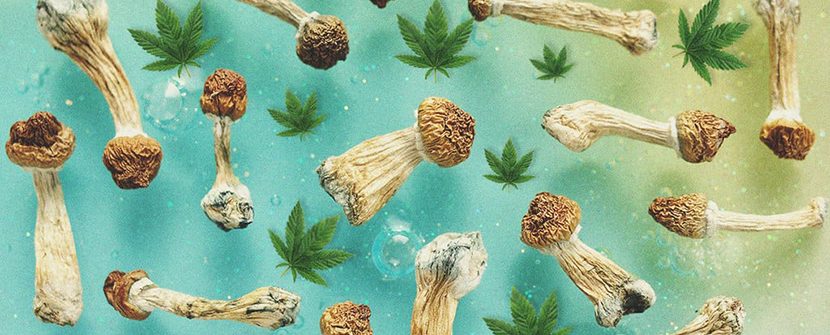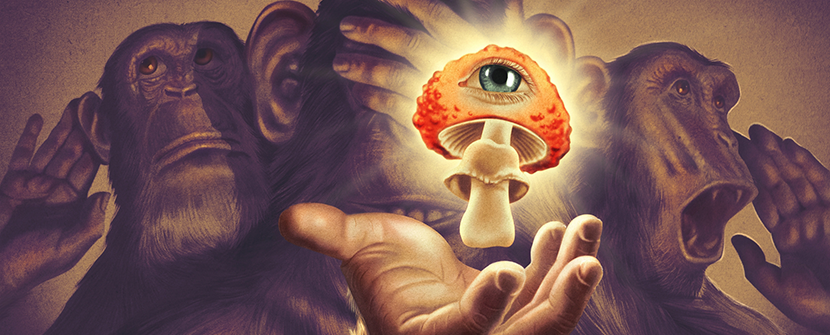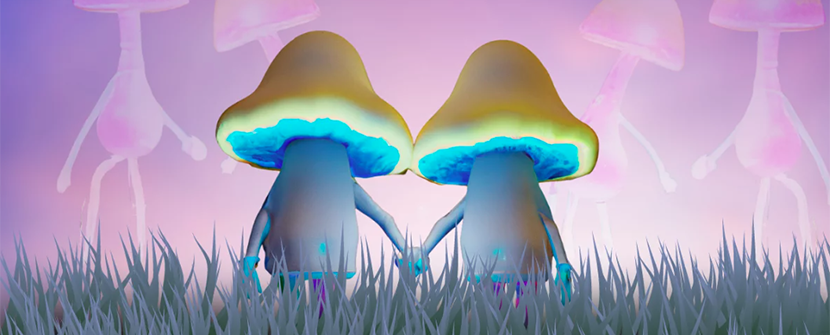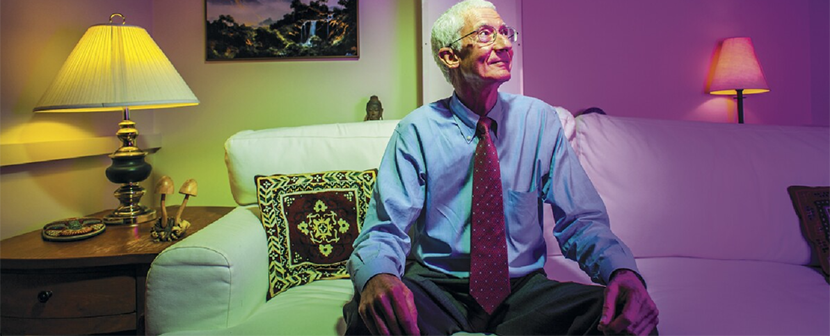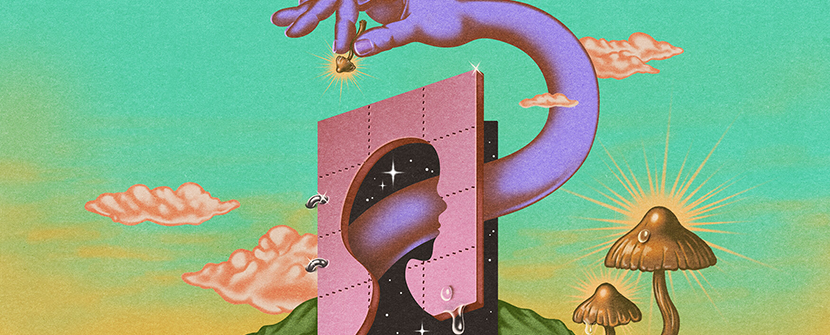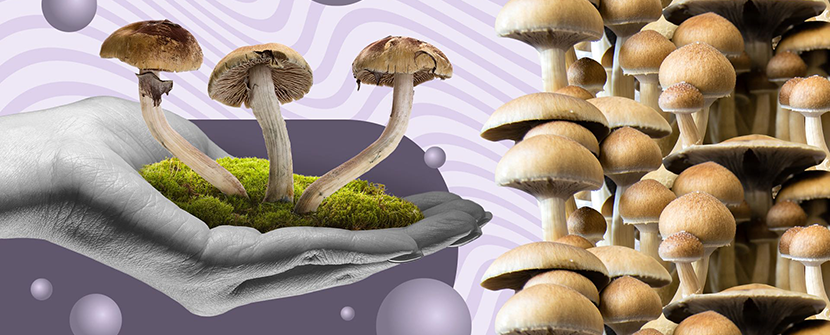Why are Penis Envy Shrooms so Popular?
Penis Envy mushrooms, also known as PE mushrooms, are a popular strain of psilocybin mushrooms known for their distinctive appearance and high potency. These mushrooms are a favorite among experienced psychonauts and have been celebrated for their unique effects and powerful psychedelic experiences.
Appearance
Penis Envy mushrooms have a distinctive appearance that sets them apart from other strains of psilocybin mushrooms. They are characterized by a thick, bulbous stem that tapers off into a smaller, conical cap, which gives them a somewhat phallic appearance. The cap of the mushroom is usually tan or brown in color and can be either smooth or slightly wrinkled, with a diameter ranging from 1-3 centimeters.
Potency
Penis Envy mushrooms are one of the most potent strains of psilocybin mushrooms available. They contain high levels of psilocybin and psilocin, the primary psychoactive compounds in magic mushrooms. As a result, consuming PE mushrooms can lead to powerful hallucinations and altered states of consciousness. Experienced users report intense visuals, changes in perception and mood, and altered sense of time and space. These effects can last for several hours and may be accompanied by feelings of euphoria, introspection, and spiritual or mystical experiences.
Cultivation
It is believed to have been first cultivated by a mycologist named Terence McKenna, who began experimenting with different strains of psilocybin mushrooms in the 1970s.
He was immediately struck by the unique appearance of the mushroom, and he began cultivating the strain in his lab in California. He noted that the Penis Envy strain was particularly difficult to cultivate and required careful attention to environmental conditions and growth factors.
According to McKenna, he obtained the spores for Penis Envy from a sample that was given to him by a friend in the early 1970s. He then began cultivating the strain in his lab, and over time, it became one of the most sought-after and popular strains of magic mushrooms.
McKenna became known for his expertise in cultivating and studying different strains of psilocybin mushrooms, and he began conducting experiments on their effects on human consciousness. He was a strong advocate for the use of psychedelics in spiritual and therapeutic contexts, and believed that they had the potential to catalyze profound spiritual experiences and personal growth.
Popularity
Today, Penis Envy mushrooms are still widely cultivated and sold by vendors in the underground market, and they remain popular among recreational users due to their potent effects, unique appearance and McKenna's efforts to popularize it.

